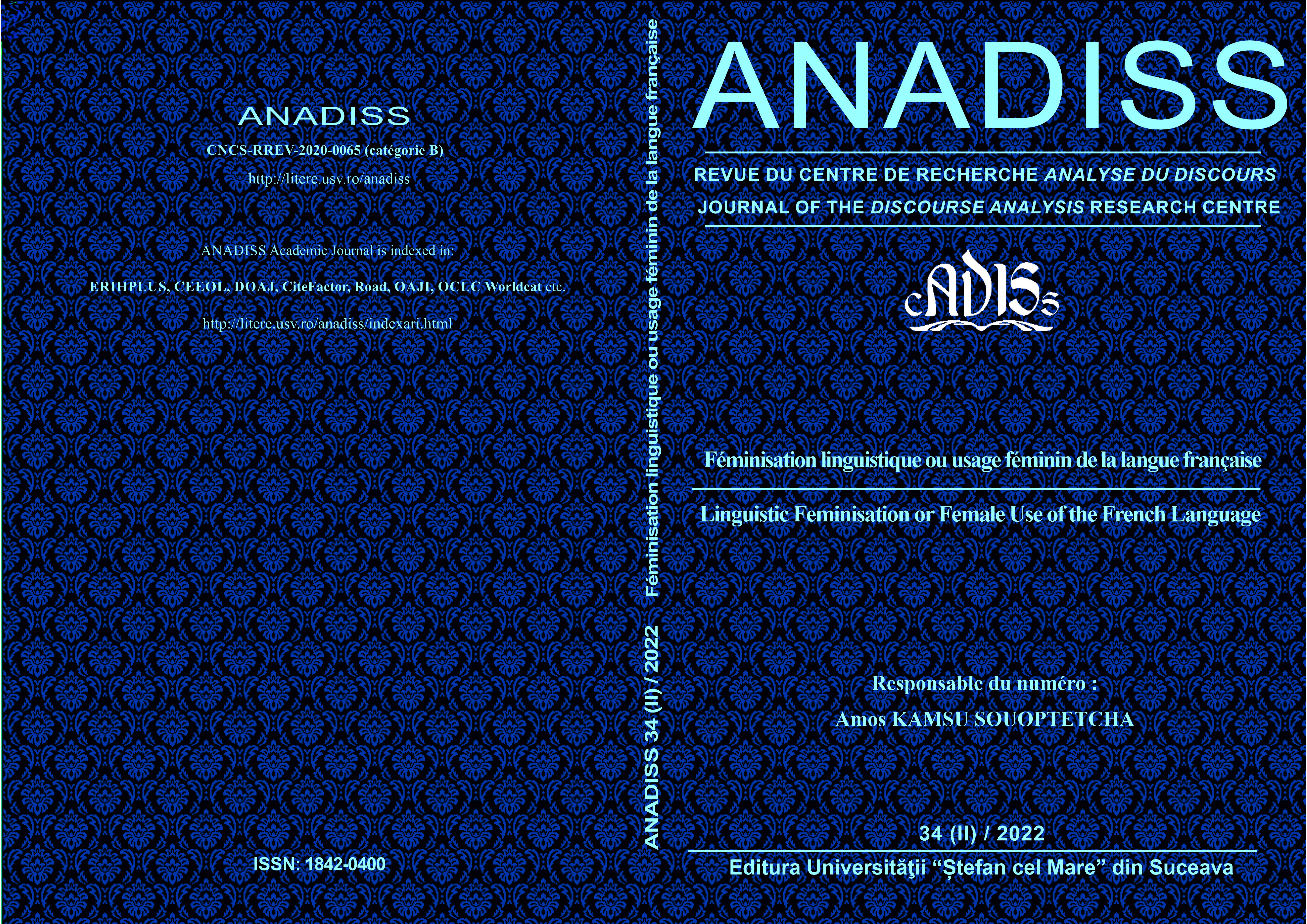HINWENDUNG ZU GOTT ALS KRITIK AN DER POLITIK: UNTERSUCHUNG ZU FRIEDRICH SCHILLERS WILHELM TELL
TURNING TO GOD AS CRITICISM OF POLITICS: INVESTIGATION ON FRIEDRICH SCHILLERS WILLIAM TELL
Author(s): Paul MekontsoSubject(s): Language and Literature Studies, Studies of Literature, Political history, Modern Age, German Literature, Politics and society, 13th to 14th Centuries
Published by: UNIVERSITATEA »ȘTEFAN CEL MARE« SUCEAVA
Keywords: tyranny; orientation to God; political criticism; non-violence; freedom;
Summary/Abstract: In the process of secularisation that began in the 18th century in Europe, man tried to emancipate himself from religious authority and aspired to the knowledge of the intramundane reality without religious influence. However, an obstacle to secularisation remains the political factor, which persists with despotic and cruel regimes exercising violent and oppressive authority over man. The renewed return to religion observed today all over the world is due to this repressive situation where Man, in the absence of democratic transparency or political protection, is left to his own devices and has only God to return to. The present article is inspired by this observation in the dramatic text „William Tell” by the German classic Friedrich Schiller. In this text, which is set in a despotic context, there is not a single page, where God is not revealed. Drawing on the German philosopher Ludwig Feuerbach’s profound and convincing treatment of the psychological dimension of religion, this article explains the Swiss Man’ penchant and infatuation for God in Schiller’s play under the tyrannical Austrian Habsburg regime. To better demonstrate the place of God in the life of oppressed Man, Schiller considers two contexts in his historical play: the historical context of the 14th century where the Habsburgs attempt to subjugate the Swiss people and Schiller’s present context of the 18thcentury where tyranny reaches its peak in the context of the French Revolution. In „William Tell”, which is Schiller’s reaction against the throes of the French Revolution, which still resembles the political throes of the Habsburgs in Switzerland in the 14th century, the Weimar classic, Schiller tries to show in the political dimension how the return to God in the context of political violence can lead to non-violence and social peace.
Journal: ANADISS
- Issue Year: 18/2022
- Issue No: 34
- Page Range: 277-285
- Page Count: 9
- Language: German

